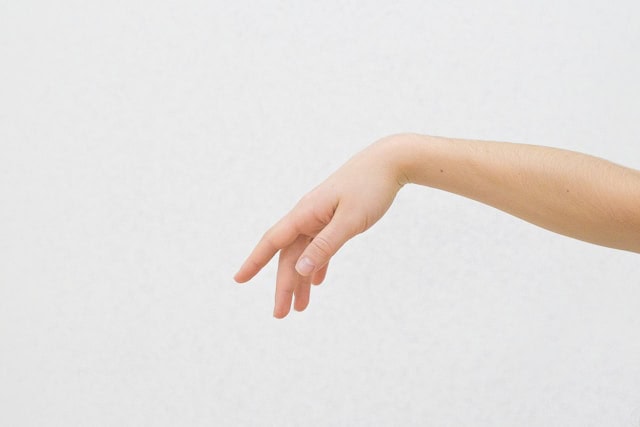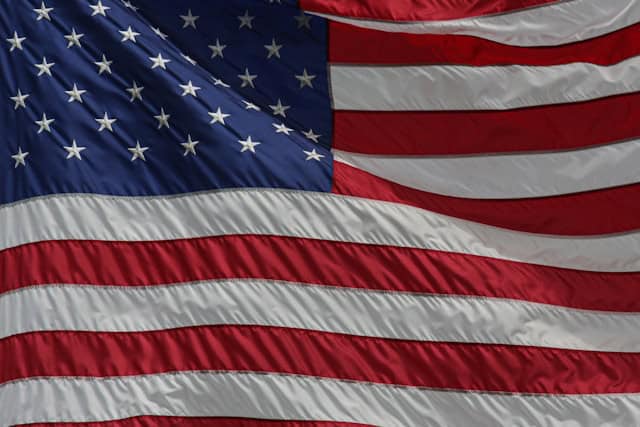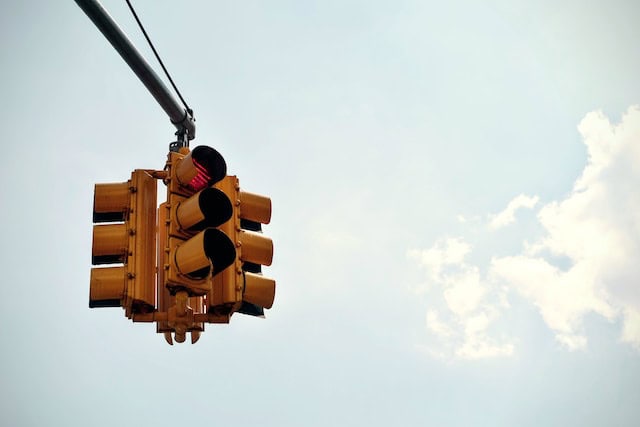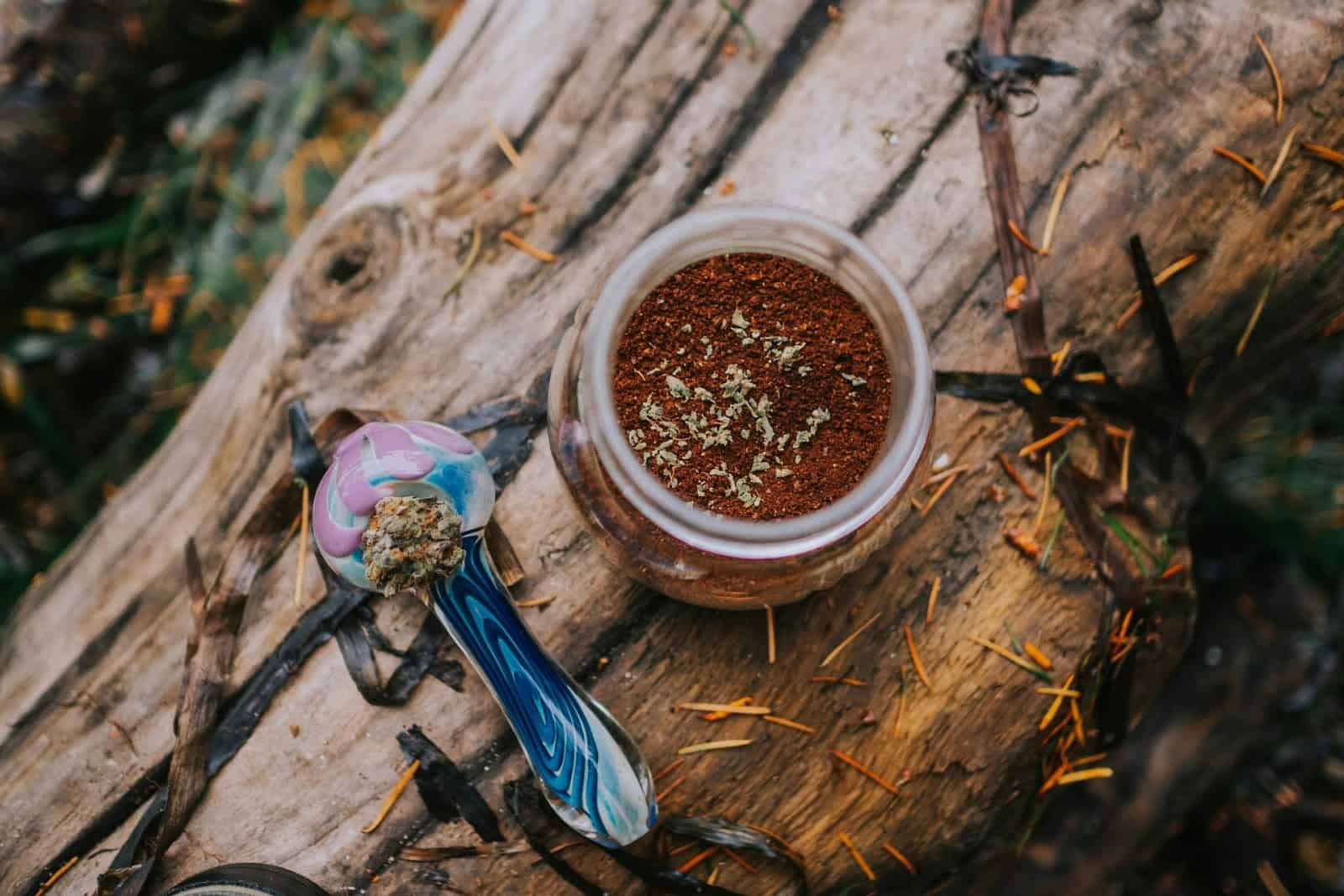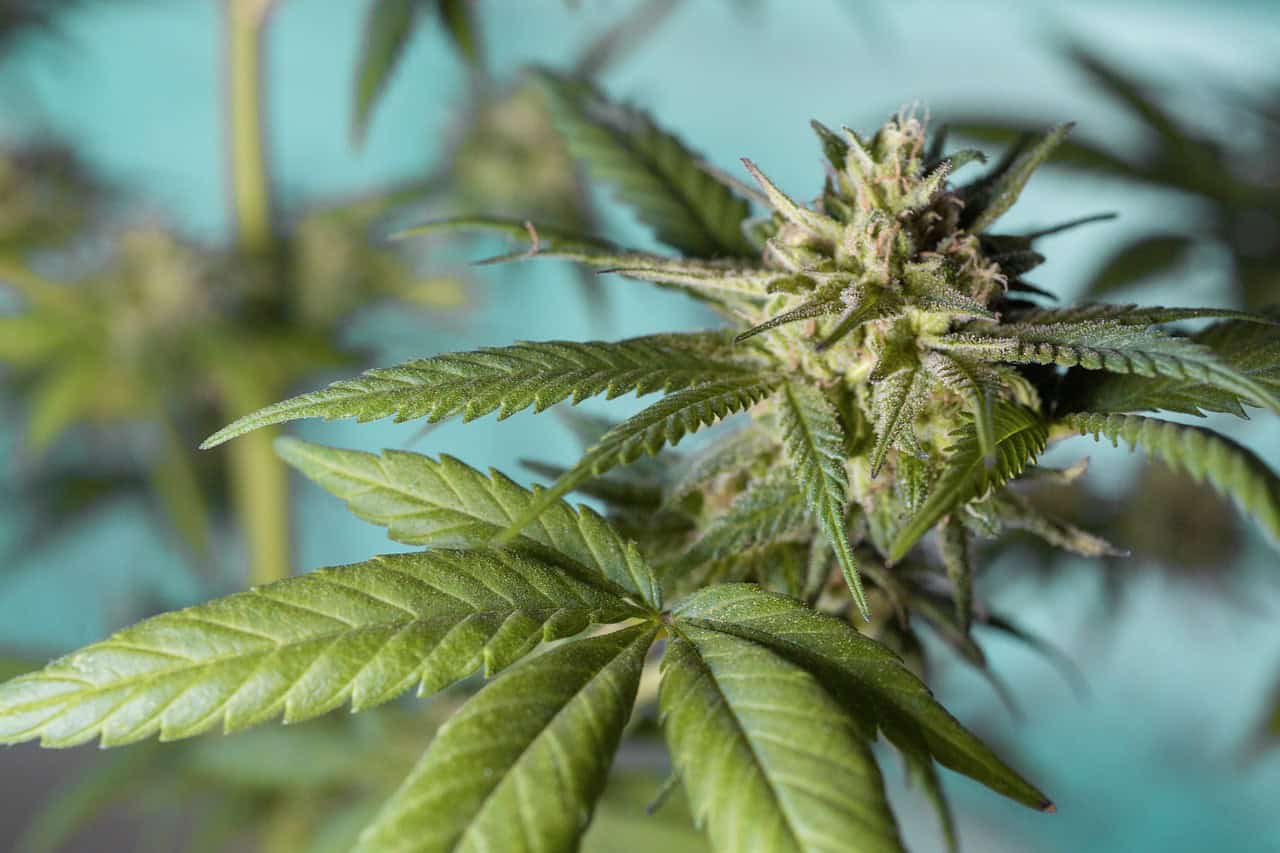
Is CBD Legal in Arkansas
Yes, CBD products are legal in Arkansas
 Legal
Legal
CBD oil and other CBD products are legal in Arkansas, provided that they contain less than 0.3% THC.
CBD, or cannabidiol is a compound derived from the cannabis plant. CBD has the potential to offer therapeutic benefits without psychoactive effects. It has shown promise in alleviating pain, reducing anxiety, and improving the quality of sleep. Research into CBD is still ongoing, but it has shown effectiveness in treating a variety of ailments. Before buying CBD in Arkansas, make sure to check the lab test results for each product to ensure that they are labeled accurately.
While Arkansas does not technically have a minimum age to purchase CBD, it is unlikely that a dispensary will sell CBD products to minors. This means that to purchase CBD, someone must be at least 18 years old.
Drug tests generally check for tetrahydrocannabinol, or THC, the compound that causes psychoactive effects. As a result, CBD itself should not show up on a drug test. However, due to inaccurate labeling of THC levels in products, consuming CBD products could cause someone to test positive for THC.
CBD gummies may contain trace amounts of THC.
A clinical trial found that CBD reached the maximum concentration in blood plasma around 4 hours. CBD usually lasts for twice as long as the peak time, meaning that if the maximum level of CBD in the blood is reached at 4 hours, the effects will last for 8 hours. Consuming CBD on an empty stomach can allow it to take effect faster.
There are certain medications that should be avoided when taking CBD. These include angiotensin II blockers, antiarrhythmics, anticoagulants, antibiotics, antidepressants, anticonvulsants, antiepileptics, antihistamines, antipsychotics, anesthetics, beta-blockers, benzodiazepines, calcium channel blockers, HIV antivirals, statins, immune modulators, non-steroidal anti-inflammatory drugs, oral hypoglycemic agents, proton-pump inhibitors, prokinetics, steroids, and corticosteroids.
A 2017 study showed that humans can safely tolerate up to 1,500 mg of CBD per day. However, it's important to keep in mind that CBD is in the early stages of research. While no death from overdoses have been reported, some have experienced side-effect from taking too much CBD, such as vomiting and nausea.
A 2017 study showed that humans can safely tolerate up to 1,500 mg of CBD per day. However, it's important to keep in mind that CBD is in the early stages of research. While no death from overdoses have been reported, some have experienced side-effect from taking too much CBD, such as vomiting and nausea.
Is THC Legal in Arkansas
No, THC products are illegal in Arkansas
 Legal
Legal
To buy THC products in Arkansas, you must meet specific age and eligibility requirements set by the state’s medical marijuana program. Individuals seeking medical marijuana must be 18 years or older and possess a valid medical marijuana card issued by the state.
Minors under 18 can access medical marijuana if they qualify as patients, but a designated caregiver, typically a parent or legal guardian, must apply on their behalf and purchase the products.
Since recreational use of THC is illegal in Arkansas, there is no minimum age for non-medical purchases, meaning only those enrolled in the medical program can legally access THC products in the state.
Yes, all THC products in Arkansas need to undergo third-party testing. The state has adopted regulations that ensure safety, quality, and potency in all medical marijuana products being sold from any licensed dispensary. Testing by independent labs verifies THC and CBD levels, as well as checking for contaminants such as pesticides, heavy metals, molds, and other dangerous substances.
The Arkansas Medical Marijuana Commission oversees these testing requirements, which are designed to protect consumers and maintain high standards within the medical marijuana industry. By ensuring that all products are thoroughly tested, Arkansas aims to provide transparency and confidence for patients using THC products.
Yes, all THC products in Arkansas need to undergo third-party testing. The state has adopted regulations that ensure safety, quality, and potency in all medical marijuana products being sold from any licensed dispensary. Testing by independent labs verifies THC and CBD levels, as well as checking for contaminants such as pesticides, heavy metals, molds, and other dangerous substances.
The Arkansas Medical Marijuana Commission oversees these testing requirements, which are designed to protect consumers and maintain high standards within the medical marijuana industry. By ensuring that all products are thoroughly tested, Arkansas aims to provide transparency and confidence for patients using THC products.
Is Delta-8 Legal in Arkansas
Yes, Delta-8 products are legal in Arkansas
 Legal
Legal
Delta-8 THC is legal in Arkansas thanks to a judge granting an injunction that stops the state from enforcing its ban on delta-8 and similar THC products; Delta-8 tetrahydrocannabinol (Delta-8 THC) is a cannabinoid found in the cannabis plant, known for its psychoactive effects, although they are generally milder compared to the more well-known Delta-9 THC. The debate over Delta-8 largely centers on its legal status, potential health risks, and production methods. Despite being derived from hemp, legalized in the United States via the 2018 Farm Bill, the extraction and conversion processes have come under regulatory scrutiny. Critics argue that these methods could lead to impurities and safety issues. Moreover, concerns exist regarding its impact, particularly when consumed by vulnerable groups such as minors, given that Delta-8 products are often promoted as a legal and less potent alternative to traditional marijuana. Consequently, the regulatory environment and public perception surrounding Delta-8 THC remain intricate and contentious.
Delta-8 THC is legal in Arkansas thanks to a judge granting an injunction that stops the state from enforcing its ban on delta-8 and similar THC products; Delta-8 tetrahydrocannabinol (Delta-8 THC) is a cannabinoid found in the cannabis plant, known for its psychoactive effects, although they are generally milder compared to the more well-known Delta-9 THC. The debate over Delta-8 largely centers on its legal status, potential health risks, and production methods. Despite being derived from hemp, legalized in the United States via the 2018 Farm Bill, the extraction and conversion processes have come under regulatory scrutiny. Critics argue that these methods could lead to impurities and safety issues. Moreover, concerns exist regarding its impact, particularly when consumed by vulnerable groups such as minors, given that Delta-8 products are often promoted as a legal and less potent alternative to traditional marijuana. Consequently, the regulatory environment and public perception surrounding Delta-8 THC remain intricate and contentious.
Despite Delta-8's reputation for lower potency compared to Delta-9 THC, it can still elicit psychoactive effects, prompting the necessity of responsible use. Individuals with pre-existing medical conditions or on medications should seek guidance from a healthcare professional before trying Delta-8.
The effects of Delta-8 THC on the body result from its binding to the CB1 receptors of the endocannabinoid system, primarily concentrated in the central nervous system. This engagement gives rise to psychoactive effects, usually of a less pronounced nature when juxtaposed with Delta-9 THC. Individuals commonly report feelings of relaxation, euphoria, and a shift in sensory perception. Delta-8 may also induce an increased appetite, dry mouth, and red eyes. Nevertheless, the impact can differ significantly from one person to another, dependent on variables such as dosage, tolerance, and individual sensitivity to cannabinoids.
Delta-8 THC is legal in Arkansas. Although the state passed a bill banning Delta-8 and similar forms of THC in 2023, a judge’s injunction currently prevents the state from enforcing the ban.
Both Delta-8 THC and Delta-9 THC share a similar chemical makeup, but Delta-8 is commonly associated with reduced potency and a milder, more mentally clear high. It's often favored by users seeking a functional experience.
Different iterations of Delta-8 THC are at one's disposal, ranging from edibles, vape cartridges, tinctures, to capsules. The method chosen for intake is subjective and depends on personal taste and the intended effects.
Delta-8 THC's safety is a subject of continuous debate and exploration. Although it's commonly believed to be less potent with milder psychoactive effects compared to Delta-9 THC, there are reservations regarding potential impurities introduced during its production processes. Furthermore, like any psychoactive substance, its safety profile can fluctuate depending on an individual's health, consumption habits, and dosage. More comprehensive scientific investigations are required to offer a definitive evaluation of its safety, and caution is recommended, particularly when regulatory standards are not well-established.
Standard side effects might consist of dry mouth, red eyes, an accelerated heart rate, and temporary memory lapses. Typically, these effects are milder than those commonly associated with Delta-9 THC.
Absolutely, the use of Delta-8 THC may result in a positive outcome on a drug test, considering that many tests do not distinguish between Delta-8 and Delta-9 THC. For individuals undergoing drug testing, exercising caution with Delta-8 products is advised.
In different regions, there are differing age restrictions for Delta-8 product purchases, with most frequently setting the minimum age at either 18 or 21. To guarantee compliance with local age criteria, be diligent in researching your area's regulations.
The marketplace for Delta-8 products offers a diverse array of choices, including licensed dispensaries, online vendors, and specific convenience stores. It's crucial to carefully assess the legality of Delta-8 in your locality before making a purchase and choose a seller dedicated to both product quality and compliance with local regulations.
Is Delta-9 Legal in Arkansas
No, Delta-9 products are illegal in Arkansas
 Legal
Legal
You need to be at least 21 years old to legally buy Delta-9 THC products in Arkansas for recreational use under Proposition 207.
Yes, it is legal to smoke Delta-9 THC flower in Arkansas for adults aged 21 and older. Arkansas legalized recreational marijuana through Proposition 207, allowing individuals to possess and use marijuana products, including Delta-9 THC flower, within specified limits.
In Arkansas, Delta-9 THC products are required to undergo third-party testing. These tests ensure that the products meet quality standards, comply with federal guidelines (including containing less than 0.3% Delta-9 THC), and are free from contaminants such as pesticides, heavy metals, and residual solvents, ensuring that Delta-9 products are safe, accurately labeled, and meet quality standards before reaching consumers.
In any case, it is always recommended that you take the time to review these lab reports to ensure product safety and potency, regardless of legal requirements.
Is HHC Legal in Arkansas
No, HHC products are illegal in Arkansas
 Legal
Legal
In Arkansas, you must be at least 21 years old to purchase hemp-derived HHC (Hexahydrocannabinol) products. This age requirement aligns with the regulations for purchasing other hemp-derived cannabinoids and ensures compliance with state laws governing cannabinoid sales.
Yes, it is legal to smoke hemp-derived HHC (Hexahydrocannabinol) flower in Arkansas. The state permits the use of hemp-derived cannabinoids, including HHC, as long as they comply with federal regulations, such as having a THC concentration below 0.3%.
Yes, in Arkansas, hemp-derived HHC products are required to undergo third-party testing. This testing ensures that the products meet the state’s quality standards and comply with federal regulations, including having a THC concentration below 0.3%. Third-party testing helps verify the safety, potency, and purity of HHC products, ensuring they are free from contaminants and accurately labeled.
Keep in mind that reputable manufacturers and retailers usually provide certificates of analysis (COAs) from independent labs, demonstrating that their products have been tested and meet the required standards. While state-specific regulations in Arkansas may not mandate third-party testing for all hemp-derived products, purchasing from reputable sources that provide lab-tested products is highly recommended.
Disclaimer
This information is derived from our independent research. Our team aims to ensure that we give you accurate up-to-date details from reliable state-run sources. However, we are not legal experts, and local laws can be subject to change.









